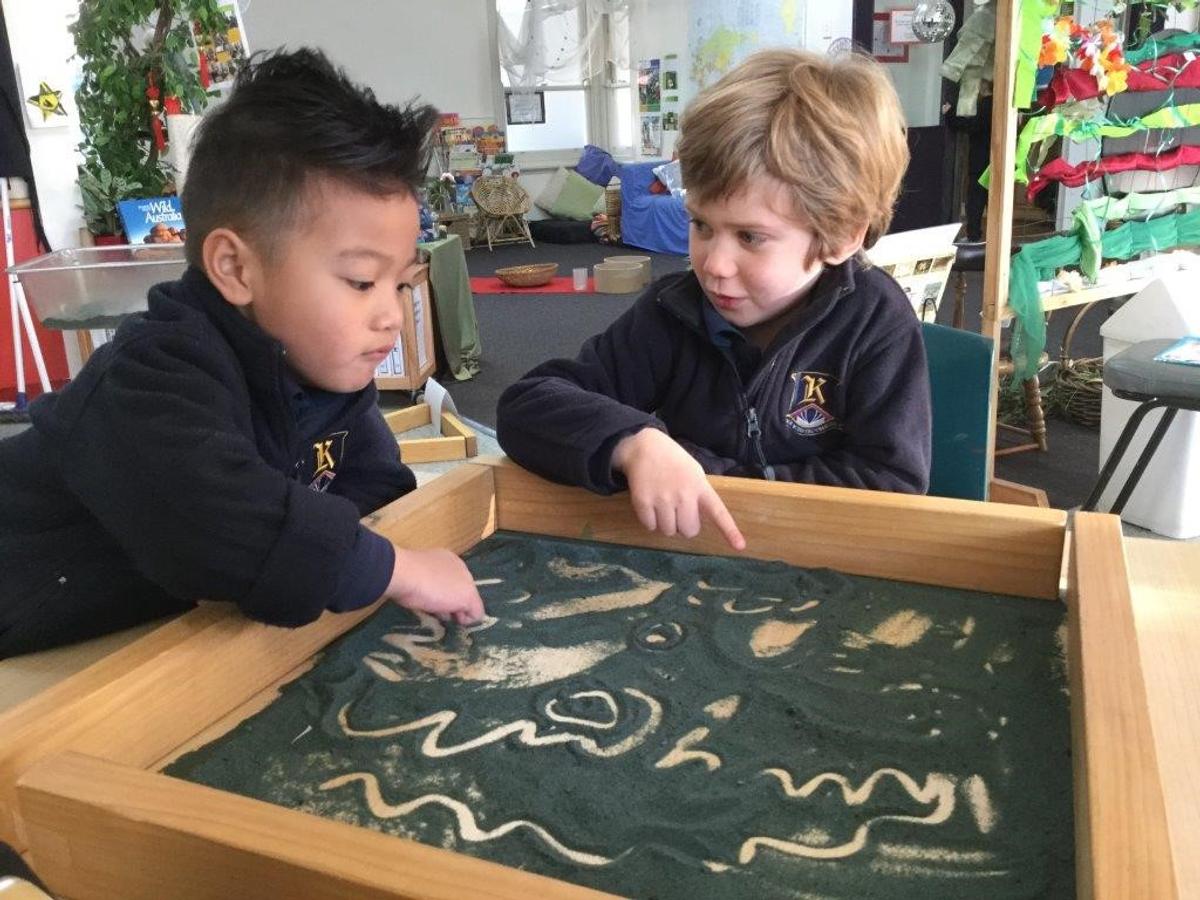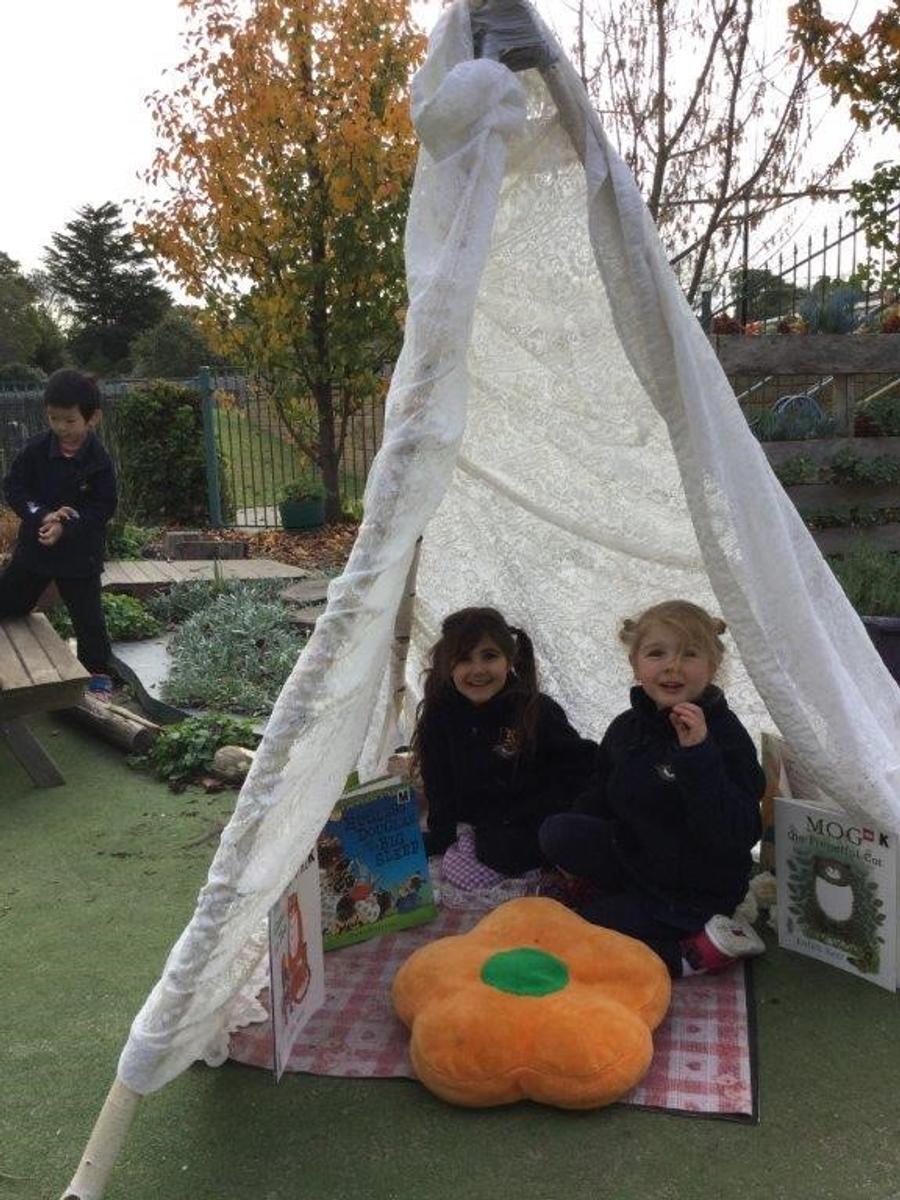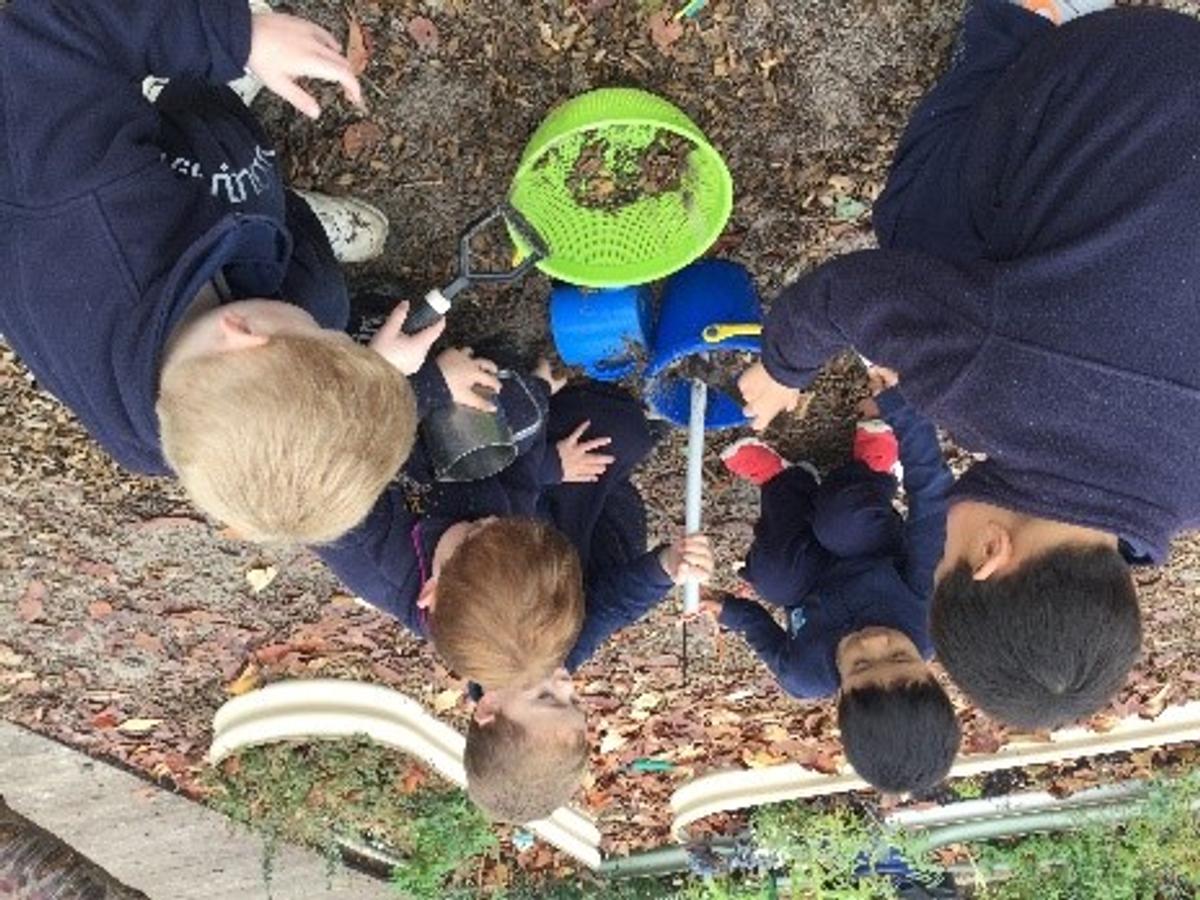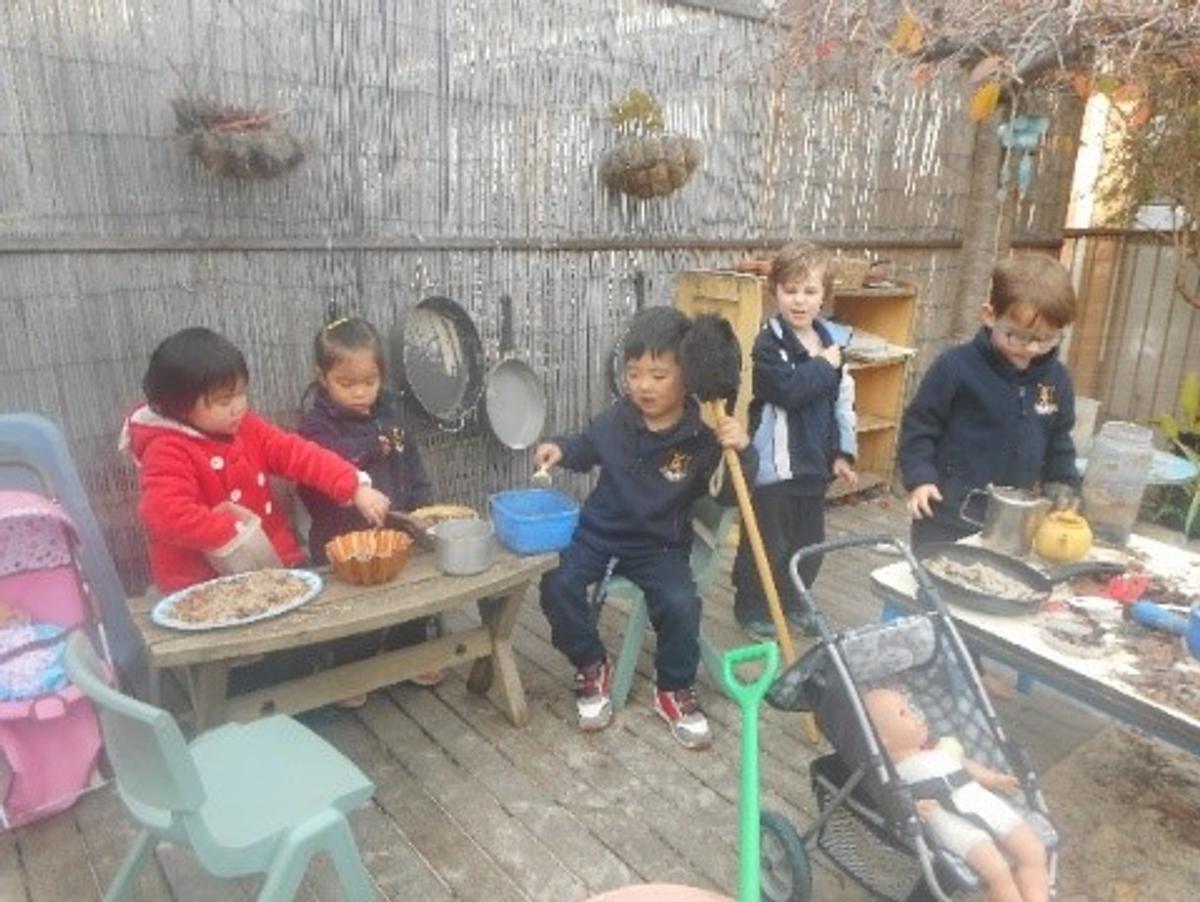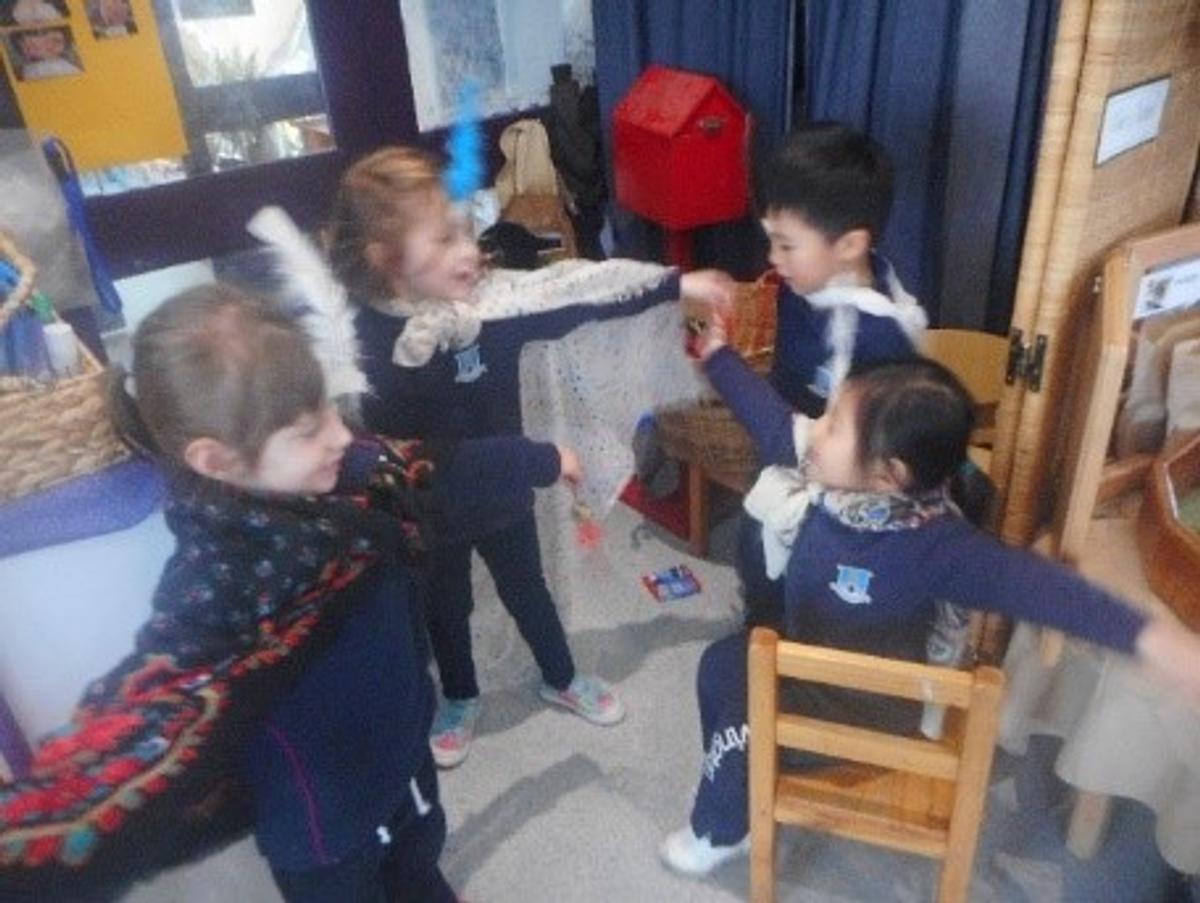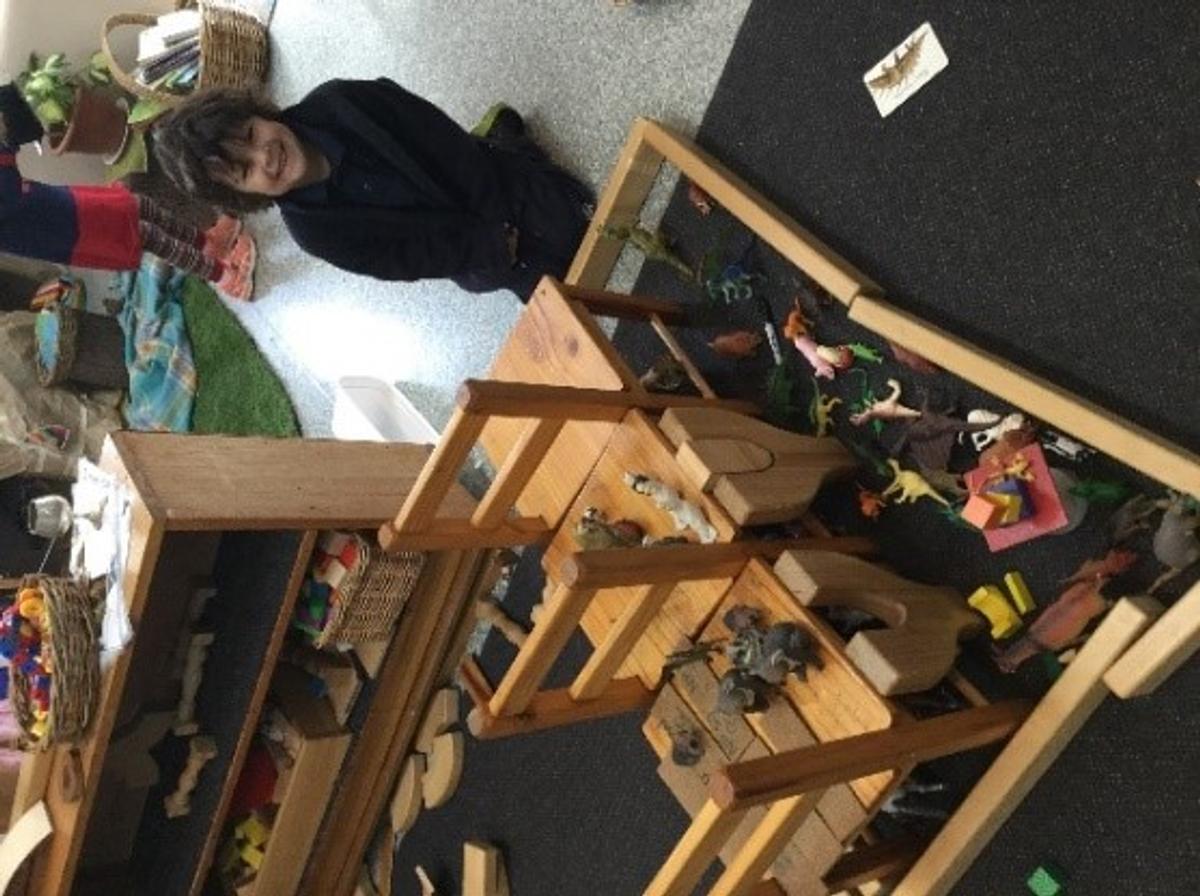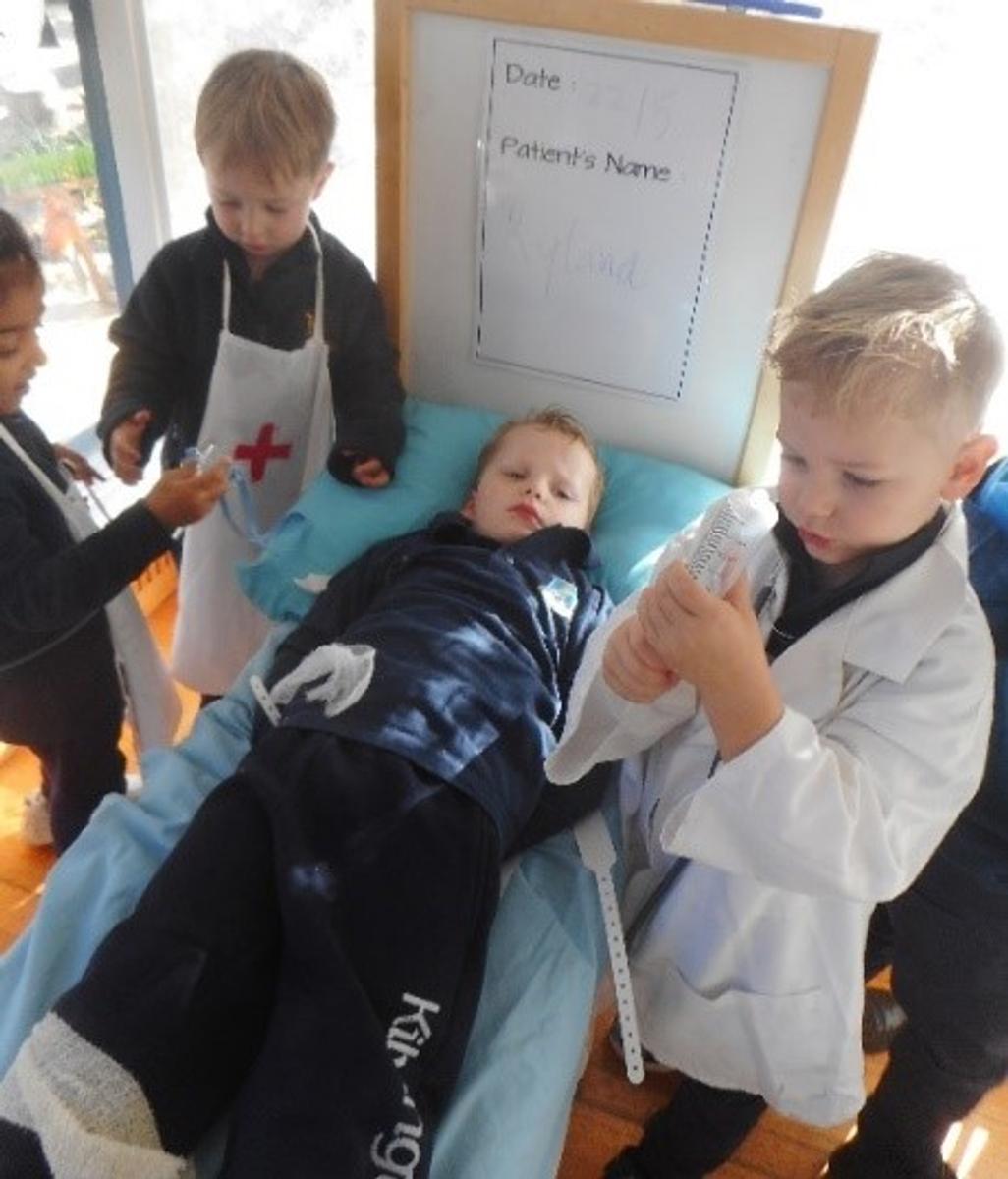Thoughts from the ELC
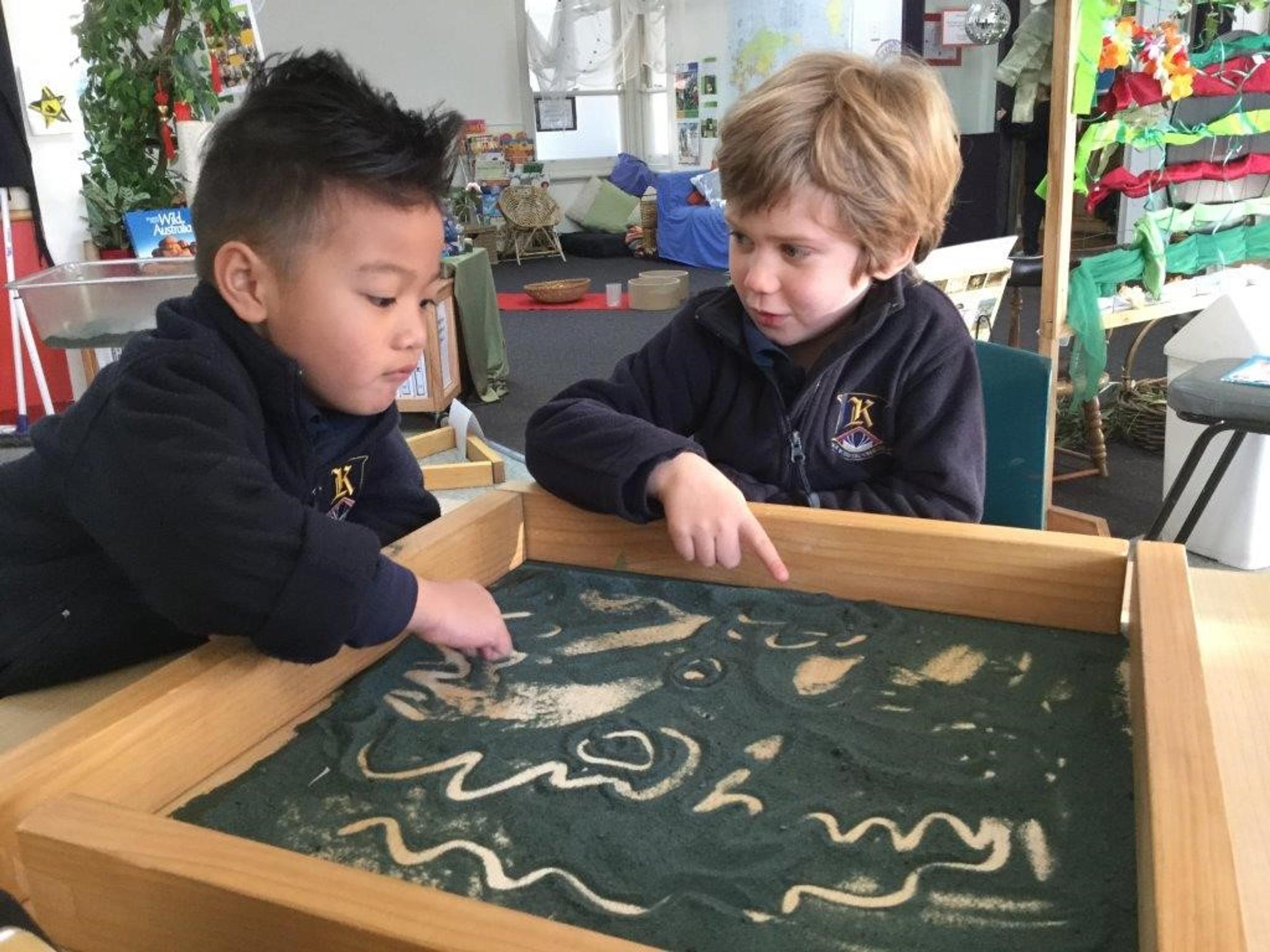
Is Play Learning? Really?
Early childhood educators may tell families that they use a ‘play-based’ curriculum for their child’s learning and development, but what does this mean?
Learning through play is considered by early childhood experts as one of the most important ways that young children learn and develop. Play is also recognised as a right for children in the United Nation’s Convention on the Rights of the Child (1989), confirming how important play is for children’s wellbeing and learning.
So what is play?
Play is an activity where children demonstrate their ability for exploration, imagination and decision making. While play is often described as ‘child’s work’, it is extremely enjoyable and rewarding.
The type of play that a child may engage in and its purpose may change as they develop. Play is unique in the sense that each child has a natural urge to play, which brings pleasure and interest allowing it to be maintained without external rewards.
How does play support a child’s learning and development?
Research suggests that play can support learning across all areas of a child’s development; physical, social, emotional and intellectual, as well as curriculum areas such as numeracy and literacy.
What does a play-based approach to learning look like?
- There are informal, respectful interactions between early childhood educators and children.
- Educators use a wide range of play-based experiences for teaching children across different content areas. This is combined with more structured teaching, referred to as ‘intentional teaching.'
- Indoor and outdoor environments are arranged to encourage different types of play which are safe, challenging, and engaging for all the children.
- Resources that reflect a child’s age, interests and backgrounds (e.g. gender, culture) are provided to stimulate and support play. Resources which allow open ended learning foster creativity and the ability to develop concepts, e.g. turning a box into a car.
- Early childhood educators plan experiences based on assessment of children’s individual differences such as developmental levels and interests.
- Early childhood educators carefully observe children’s play in order to understand each child’s needs and skills.
- Early childhood educators make intentional decisions to join a child’s play to extend learning or provide guidance if the play is not inclusive or productive.
- There are large blocks of unhurried and uninterrupted time allowed for young children’s play rather than time slots. Research suggests that it takes time for children to become fully engaged in play experiences (e.g. Hirsh-Pasek et al, 2009).
Children’s success as learners of the future depend on strong foundations developed at an early age. Play-based learning has the potential to foster critical prerequisites and dispositions which are essential for children’s formal academic achievement as well as for their wellbeing.
Lyn Pewtress - ELC Coordinator

